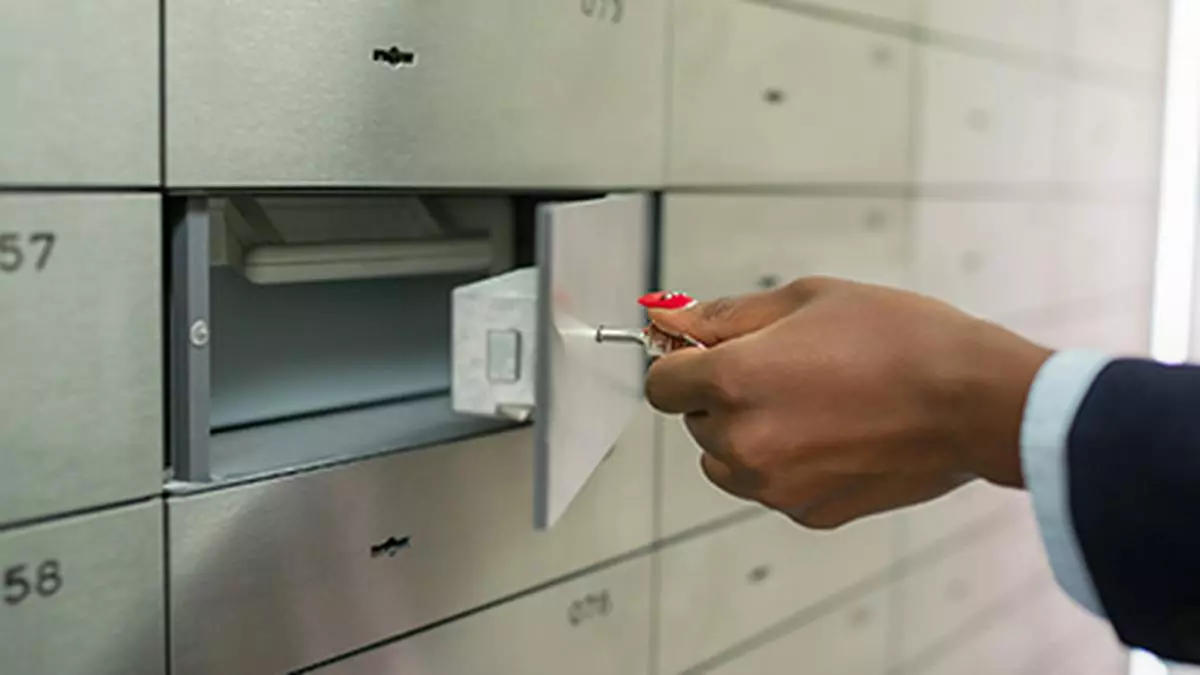RBI wants banks to sign new locker agreement with clients
Safe users will have to sign a new agreement with their banks, with Reserve Bank of India Revisions are requested in the current document.
Revised safe deposit agreements now clearly specify that safes can only be used for lawful purposes such as storing jewelry and documents and not to store any cash, currency, weapons, weapons, drugs, contraband or dangerous materials.
The license granted to use the locker is solely for the client’s private use and is not transferable.
The agreements, which are based on the Federation of Indian Banks Model Agreement, state that the customer will be liable for misuse of the locker key provided by the bank or the password generated to access the locker. The Bank will not be responsible for any unauthorized use of a key or password.
Also read: India is stepping up its gold purchases, as it now holds 8% of total reserves
The Customer shall have the right to use the safe for the safekeeping of his property and shall expect reasonable care by the Bank to protect such property and, in the event of the Bank’s failure to do so, avail himself of such remedies as may be available from time to time under applicable laws and regulations.
Banks will bear the cost of stamp papers while executing supplementary agreements with existing vault tenants only. For others, customers will bear the cost of the stamp paper.
Banking expert V Viswanathan said that if the customer has already signed a valid agreement, the bank has to bear the costs of implementing the agreement.
Understand the different types of mutual fund SIPs
Understand the different types of mutual fund SIPs
“The bank only wishes to replace that agreement with a new one in compliance with the directions of the regulator. The customer should be encouraged to sign this agreement by the bank by offering to bear the expense alone to ensure 100 per cent compliance.
The Bank will be entitled to recover the rent and any other cost incurred by the Bank in connection with the safe to debit the Customer’s account in the event that the Customer does not pay the same amount in advance or when due, in accordance with the Form Agreement.
Further, the bank can deny access to the locker if the rent owed on the locker remains unpaid and the customer fails to provide proof of identification when required by the bank at the time of seeking access to the locker.
